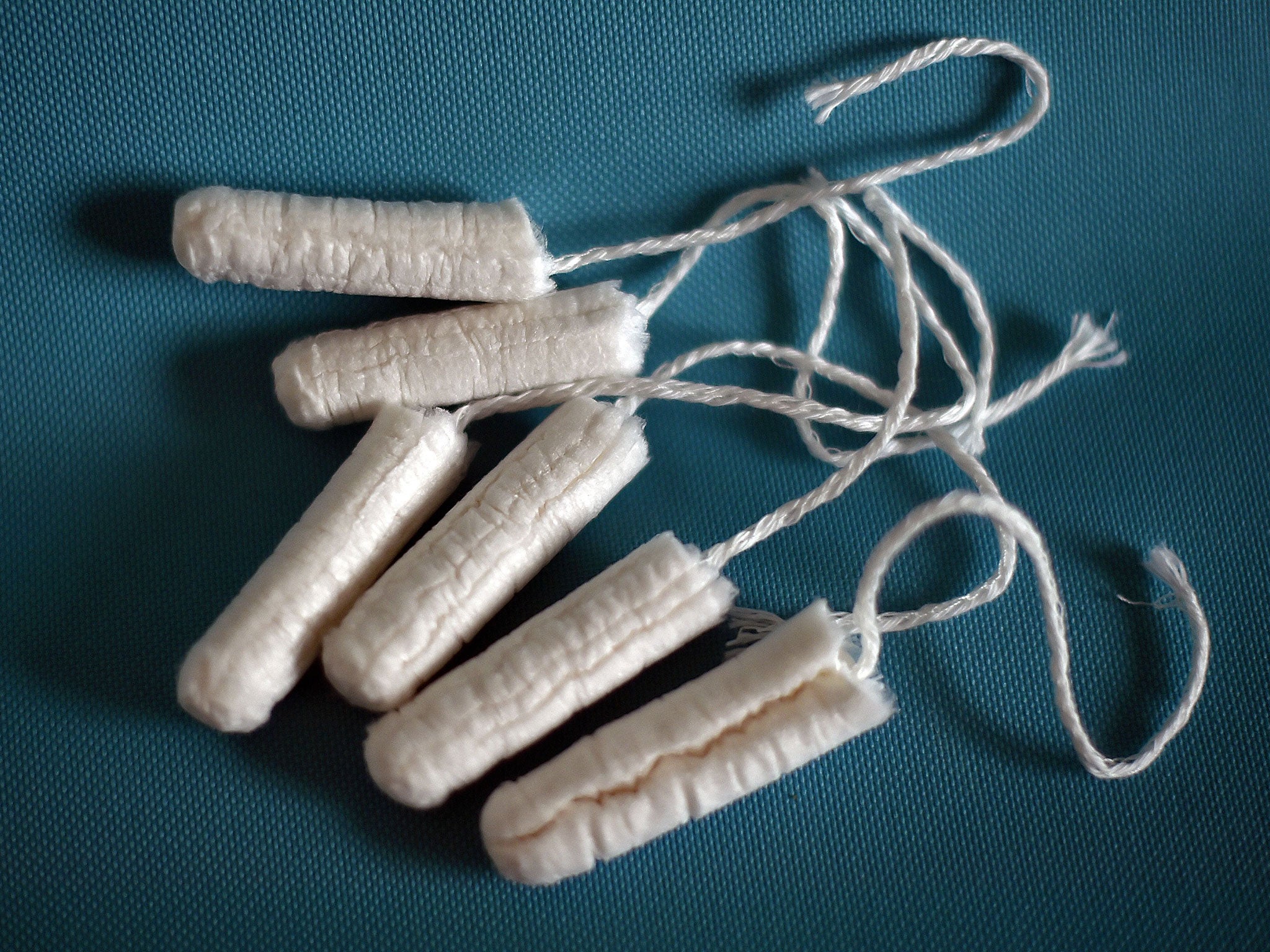Introducing a 'period policy' for working women should be standard practice in the workplace
Period pain can be at best a nuisance, at worst crippling – in fact, recent research found the pain experienced is as bad as a heart attack

Your support helps us to tell the story
From reproductive rights to climate change to Big Tech, The Independent is on the ground when the story is developing. Whether it's investigating the financials of Elon Musk's pro-Trump PAC or producing our latest documentary, 'The A Word', which shines a light on the American women fighting for reproductive rights, we know how important it is to parse out the facts from the messaging.
At such a critical moment in US history, we need reporters on the ground. Your donation allows us to keep sending journalists to speak to both sides of the story.
The Independent is trusted by Americans across the entire political spectrum. And unlike many other quality news outlets, we choose not to lock Americans out of our reporting and analysis with paywalls. We believe quality journalism should be available to everyone, paid for by those who can afford it.
Your support makes all the difference.Imagine you're sitting at your desk one day, going about your business, when you feel an onslaught of pain. Not just any old pain, but the type that leaves you bent double, makes you see spots, maybe even makes you vomit, or faint. What do you do? Call an ambulance? Alert a colleague? Start mentally preparing your law suit against the kebab shop owner down the road?
Or perhaps you’ll just try to be as discreet as possible - no one likes a whinger.
Now imagine if it wasn't a one-off. Imagine if it happened for a whole week, every month.
Some women don't have to imagine. Period pain can be at best a nuisance, at worst crippling – in fact, recent research found the pain experienced is as bad as a heart attack. So it’s no surprise that the reaction to one company introducing a “period policy”, allowing time off in line with employees’ cycles, was hugely positive.
Bex Baxter of Coexist says women need to regroup and nourish their bodies during their periods, and that flexible working hours can improve overall productivity, rather than diminish it. They are not the first to trial this - Nike introduced a similar policy in 2007, and some countries and regions (such as China) also offer “menstrual leave”.
The period policy is not without its critics. There are some who say this is not progressive, but backwards, and creates a double standard in the office. Having your period is not an illness, so why make a woman feel like an invalid, to be cossetted, or squirrelled away from the office to suffer in seclusion?
If the pain is bad enough to make you really ill, then call in sick, right? Except, increasingly, we don't feel like we can. And if we do, chances are we’re claiming to have a stomach bug.
Next week, International Women's Day will underline the need for global gender parity. Plenty of column inches have been devoted to the gender pay gap here in the UK, but in the office there are many other areas where we are not equal - or if we are, it is because we are expected to act like men.
“Having your period” is still a euphemism for being weak or emotional that men throw at each other (or that Donald Trump throws at female journalists like Megyn Kelly). Morning sickness must be handled discreetly or even secretly by women who are not yet ready to tell their bosses. Childcare, which still usually falls to the mother, can often mean having to call in sick with a little white lie when the babysitter has fallen through.
And God forbid the fact that you're bleeding out of your vagina becomes an issue.
Now, of course, no two periods are the same. Some women have such light periods as to barely notice them; others are completely incapacitated. If you're lucky enough to have mild periods, you wouldn't dream of taking a day off. Even those with heavy periods are usually determined to soldier on through until they can’t bear it any longer.
Now, we modern women can do plenty of things during our period – all you need to do is glance at one of those ridiculous “feminine hygiene” adverts to know that. We can jet-ski, abseil, play tennis, all with a smile plastered on our pained faces. The only thing the ads don't tell you is that period blood is not, in fact, blue. Or that it’s called blood, rather than any other euphemism like “liquid”.
Most of us still refer to “that time of the month” rather than mention the word “period” in polite conversation, and we still clutch tampons in our fists when we scuttle guiltily to the loos. I'm not suggesting we announce it over the PA system every time we go to change a tampon (just as we don't need to hear anyone's heading to “drop the kids off at the pool” as they merrily skip off with a magazine) but why is it such a dirty little secret?
Periods happen. Quite a lot, actually. They’re part of life – so they should certainly be an accepted part of the workplace.
Join our commenting forum
Join thought-provoking conversations, follow other Independent readers and see their replies
Comments